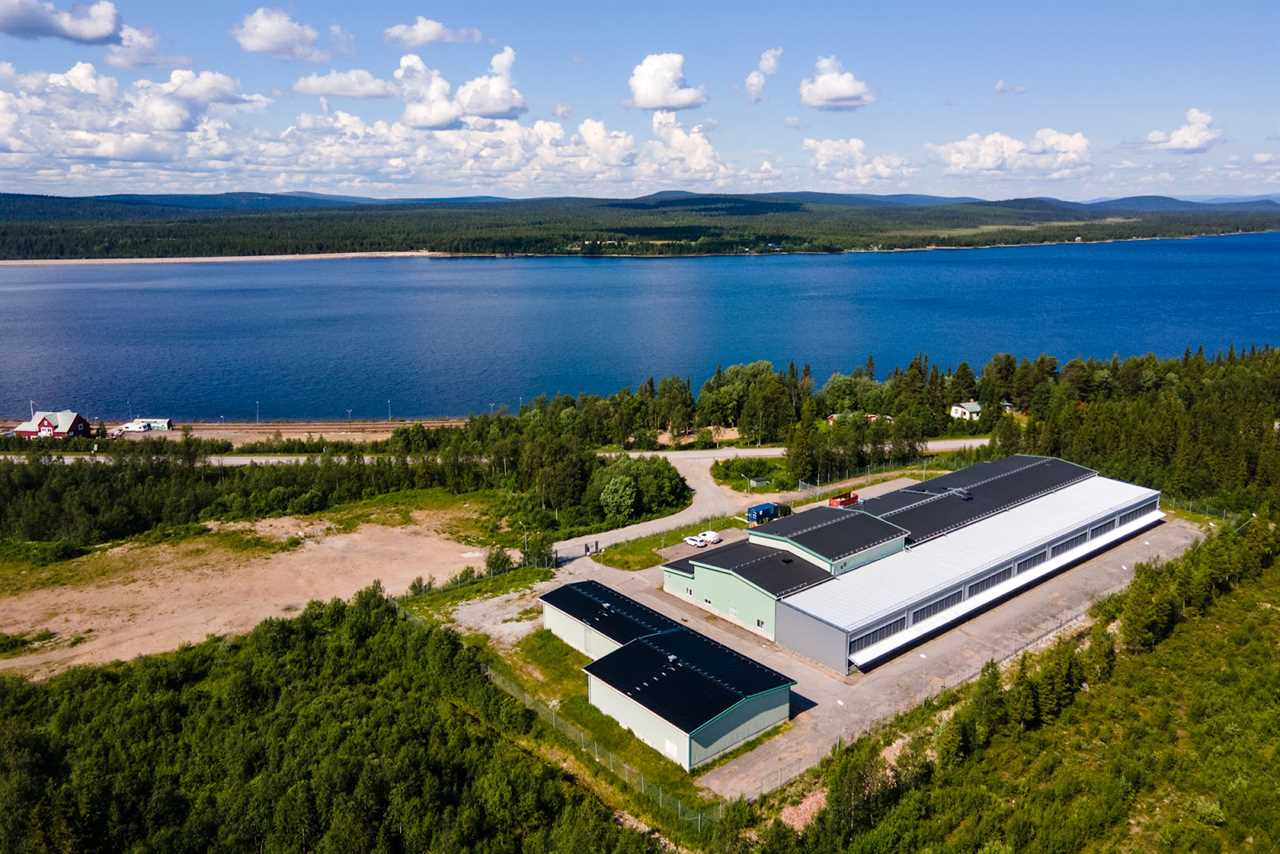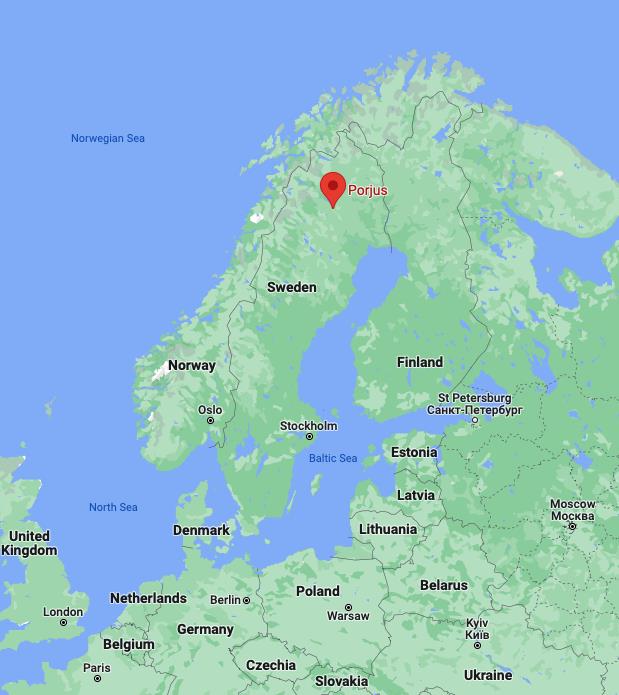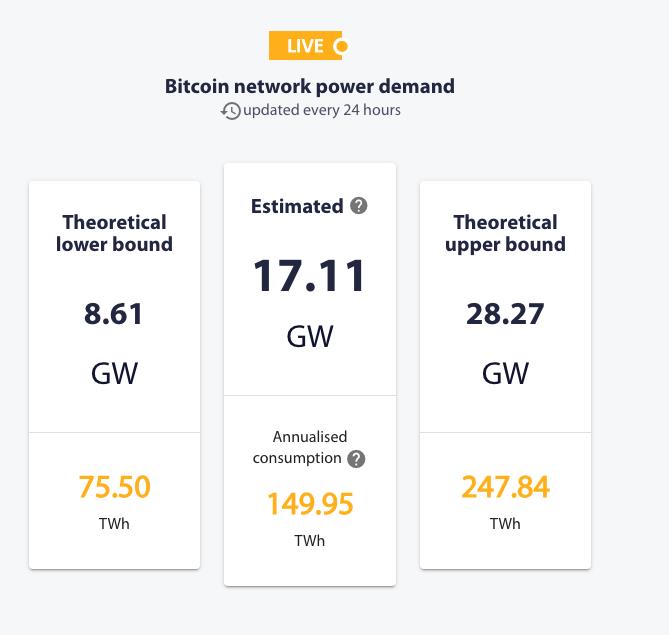
Introduction
A hydro-powered Bitcoin mining data center has opened in Sweden, taking advantage of the country's surplus of renewable energy. Genesis Digital Assets Limited (GDA), a leading mining and data center company, has established its new operation in the far North of Sweden, where hydroelectric power dominates the grid.
Proximity to Renewable Energy
The new data center is located near the Porjus Hydroelectric Power Station, allowing GDA to power its operations entirely with renewable energy. Abdumalik Mirakhmedov, executive president and founder of GDA, explains, "Given the proximity to the hydroelectric power station, we expect all of our electricity consumption to be powered by renewable energy."

Capacity and Hash Rate
The data center has a total capacity of approximately 8 MW and is expected to achieve a hash rate of approximately 155 PH/s (peta hashes per second). GDA has deployed 1,900 Bitcoin mining machines in the Porjus data center.
Sweden's Renewable Energy Potential
Sweden is renowned for its production of electricity from nuclear and hydropower, particularly in the north of the country. According to Jaran Mellerud, a Business Developer at Luxor Mining, Sweden is an electricity powerhouse, generating the fifth-most electricity per capita globally in 2021. The country also benefits from abundant renewable energy sources.

Expansion in the Nordic Region
GDA's strategic expansion in Sweden aligns with a broader trend in the Northern European Bitcoin mining landscape. Christian Anders, the founder of Swedish Bitcoin exchange BT.CX, explains that the Nordics, including Sweden, Finland, and Norway, have a surplus of energy and primarily rely on renewable energy sources such as hydropower. This makes them attractive regions for Bitcoin mining due to the availability of cheap and untapped renewable energy.
Support from Energy Companies
While sentiment towards Bitcoin may be negative among some Scandinavians, energy companies are recognizing the utility of Bitcoin mining. The CEO of Vattenfall, Sweden's largest energy producer, supports Bitcoin mining as a means of grid balancing. This trend is also evident in the United States, where Bitcoin miners are increasingly stabilizing electricity grids.

GDA's Perspective on Sweden
Tim Carra, the head of Nordic operations at GDA, highlights Sweden's abundant energy sources, pro-innovation environment, and strong educational system as factors that make it an ideal country for Bitcoin mining. GDA plans to further invest in the region, viewing it as one of the best mining destinations in the world.
Expanding Mining Destinations
GDA primarily operates its power generation facilities in Texas, with one facility consuming 300 MW of electricity. The new Swedish operations complement GDA's facility in South Carolina and demonstrate that there are still attractive and untapped mining destinations around the world. Spain and Portugal, with access to cheap energy from Africa and domestic solar production, are emerging as potential markets for renewable Bitcoin mining.
Bitcoin's Carbon Footprint
The generation of new Bitcoins requires significant amounts of electricity, leading to concerns about the industry's carbon footprint. However, according to the Cambridge Center for Alternative Finance, Bitcoin mining consumes less than 0.7% of global energy, with renewable energy, including hydro, playing a dominant role. Sweden and neighboring Norway contribute to the green energy Bitcoin mining sector.
Conclusion
With the establishment of the new data center in Sweden, Bitcoin miners are increasingly turning to the Nordic European countries to take advantage of their surplus renewable energy. As the industry continues to grow, these regions offer a promising environment for sustainable Bitcoin mining operations.
Did you miss our previous article...
https://trendinginthenews.com/crypto-currency/kenyan-government-forms-committee-to-investigate-controversial-crypto-project






